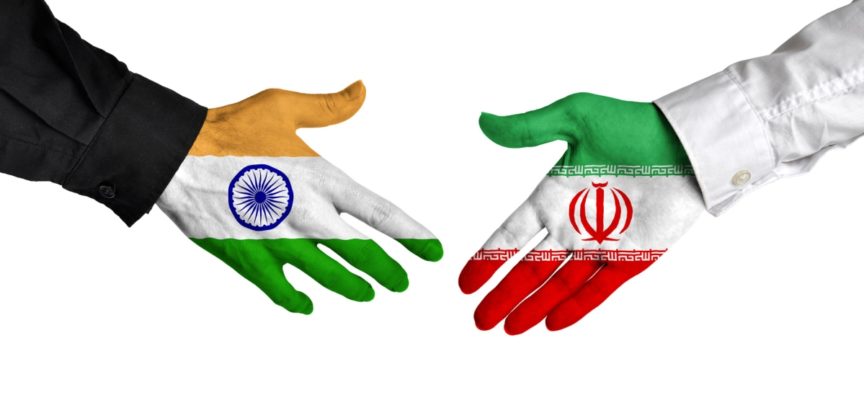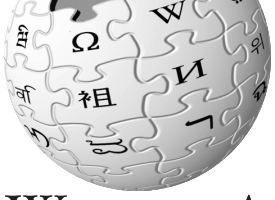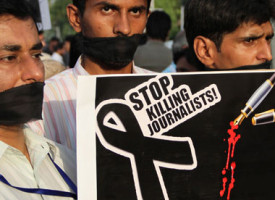During a routine meeting with President Hassan Rouhani and his cabinet members last week, Iran’s Supreme Leader Sayyid Ali Hosseini Khamenei (“Imam Khamenei”) urged the Indian government to “adopt a just policy towards the noble people of Kashmir and refrain from oppressing and bullying the Muslim people” in this region.
These statements have officially clarified how Tehran views New Delhi’s unilateral adventurism in the region. Not only has the eerie silence been broken, it has also been acknowledged at the highest levels by Iran’s leadership that the incumbent Indian government is focused upon targeting the Muslim community.
That Iran has expressed concerns for the well-being of Muslims is not new; since decades, Tehran has played a key role in providing support for what it considers “resistance groups” in the Middle East such as Lebanon, Syria, Bahrain and Yemen. The country’s long-standing support for the liberation of Palestine is also well known. But what makes the recent statements noteworthy, particularly describing Indian government actions against Muslims as “oppressing” and “bullying“, is the backdrop of Chabahar port project.
Since 2016, India has injected investments as part of its committed $8 billion in the Chabahar port project, envisioning it as an alternative to Pakistan’s Gwadar port. Its reported utility is almost always viewed through the prism of regional trade and connectivity; however, it must be remembered that Chabahar was initially offered to New Delhi in the early 1990s as a geostrategic access point into Afghanistan independent of Pakistan’s land routes.
During the Obama administration, India was granted temporary sanctions relief for importing crude oil from Iran. Donald Trump, on the other hand, has prioritised the demonisation of Iran which, some analysts speculate, could compel India to withdraw further investments from Chabahar altogether.
Indian exports to Iran in the 2017-18 timeframe were recorded at $2.6 billion whereas imports were valued at $11.1 billion; this stark imbalance is largely on account of India’s oil imports. And while Tehran is continuously pushing New Delhi to sign a Preferential Trade Agreement (PTA), it is highly unlikely that the latter will risk gambling against an unpredictable Donald Trump. At this point in time, any sort of macro trade with Iran will prove an eyesore, even if non-oil products are involved. In this backdrop, India has to walk a tightrope once again and despite many incentives offered by Iran, it will have to shift dependency to the Arab Gulf monarchies of UAE and Saudi Arabia to meet its increasing energy requirements.
Supposing, let’s say, that New Delhi manages to secure some leverage from Washington to continue work in Chabahar, international business firms will not risk Washington’s ire. Recently, European and Chinese companies who were mandated with provision of port equipment have been reluctant in delivering equipment for the Chabahar port project to India, fearing a jeopardy of their commercial interests with the US.
Will Iran sit idly, waiting to see which side India bends to? Foreign Minister Javad Zarif has just visited China to present a “25-year roadmap” for cementing a”Comprehensive Strategic Partnership” and vowing to “actively contribute to the Belt & Road Initiative“.
Touché, India?
Economics and trade aside, there is also a national security angle to this apparent change of heart. The foreign-sponsored insurgency in Balochistan province of Pakistan, which also affects Sistan-Baluchestan in Iran, has Indian and Arab Gulf imprints all over it. The clandestine war for “Independence of Balochistan” being waged by certain Arab Gulf states within Pakistan and Iran such as support for Jaish-ul-Adl has been given a boost with Indian R&AW’s own efforts to significantly restructure existing assets into integrated sub-groups for unity of effort; case in point being the formation of a tri-partite “Baloch Raaji Aajoi Sangar (BRAS)“.
Reportedly, during the meeting of Pakistani and Iranian intelligence chiefs in April (DG ISI was part of the PM’s delegation), the issue of coordinated actions against all hues of militant organisations operating along the Pak-Iran border was discussed. Pakistan, for its part, has well-documented evidence of major Baloch separatist groups receiving cash flows from New Delhi with the stated agenda of destabilising the China-Pakistan Economic Corridor (CPEC), essential the whole BRI.
While Iran is not expected to strain relations with India altogether, the gradual shift in posturing is clearly visible; Khamenei’s hard-worded statements being one of them.
As India is prioritising its Act East Policy and trade links with the GCC, there is much for Beijing to gain from Islamabad and Tehran’s makeup.








Poorly written article